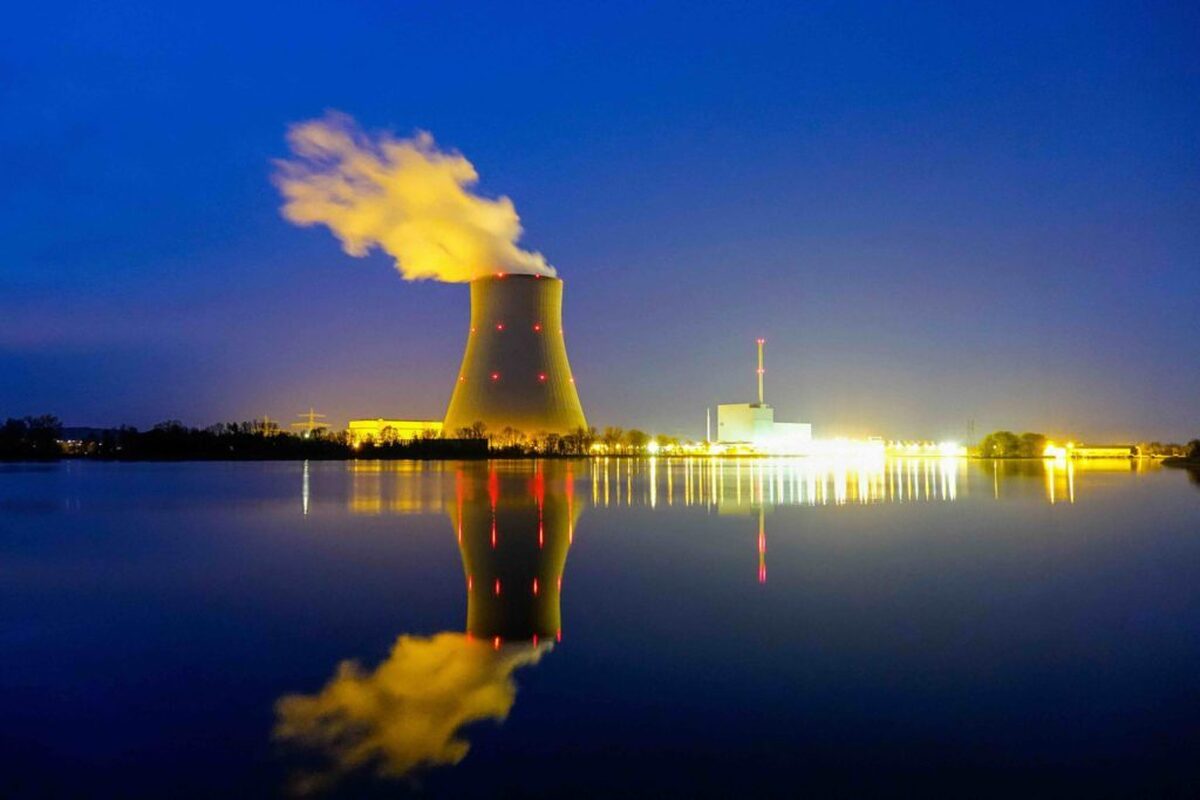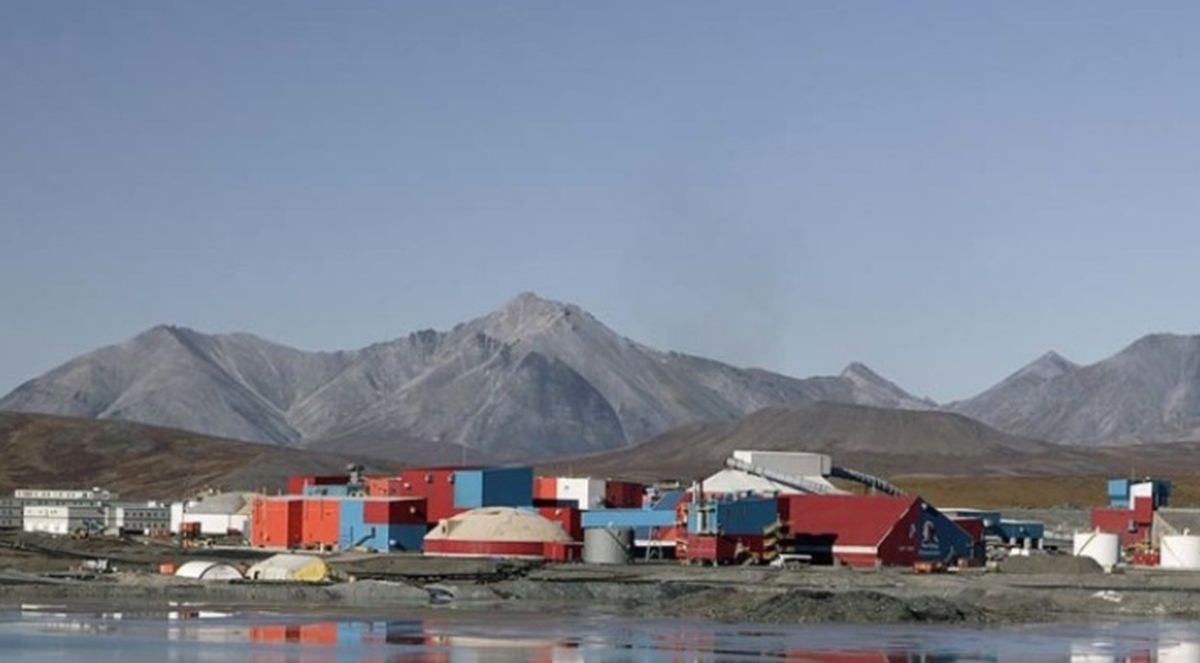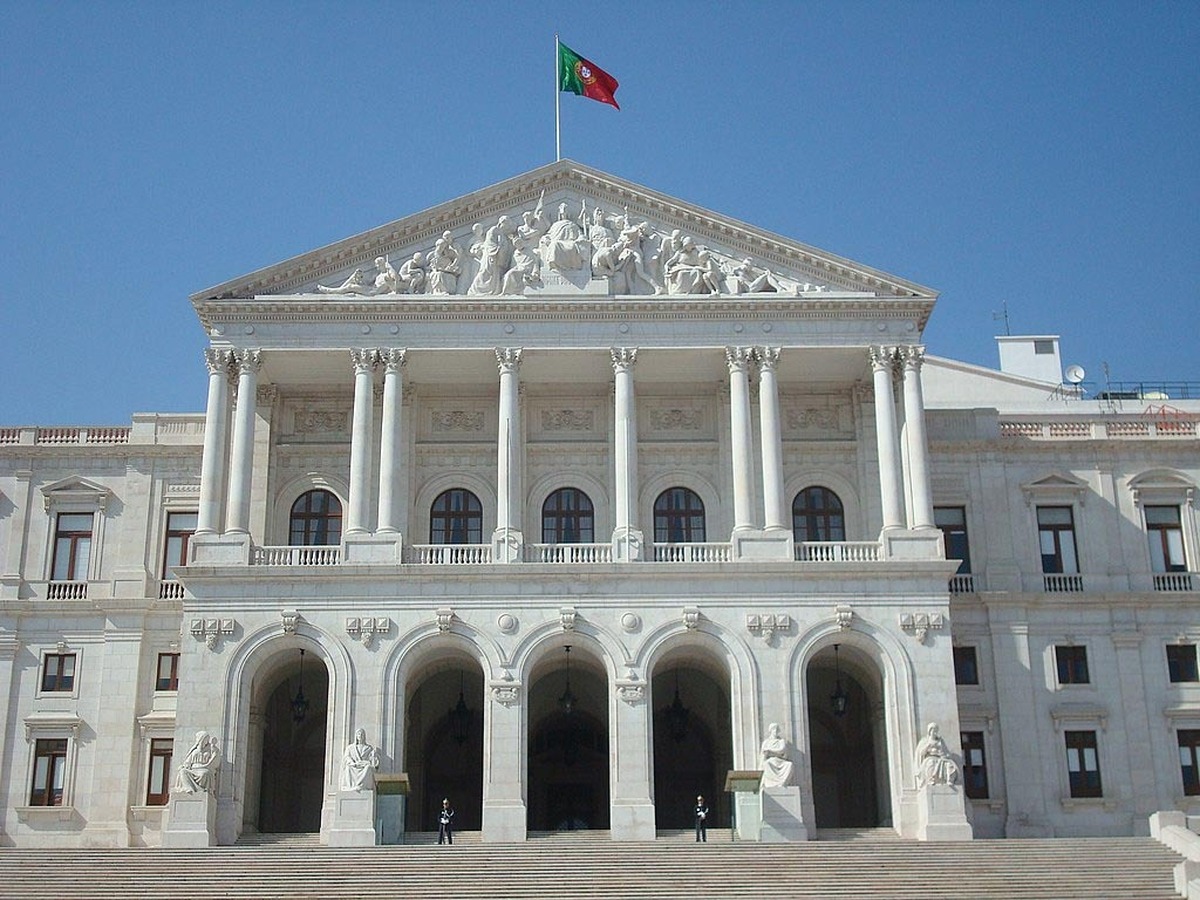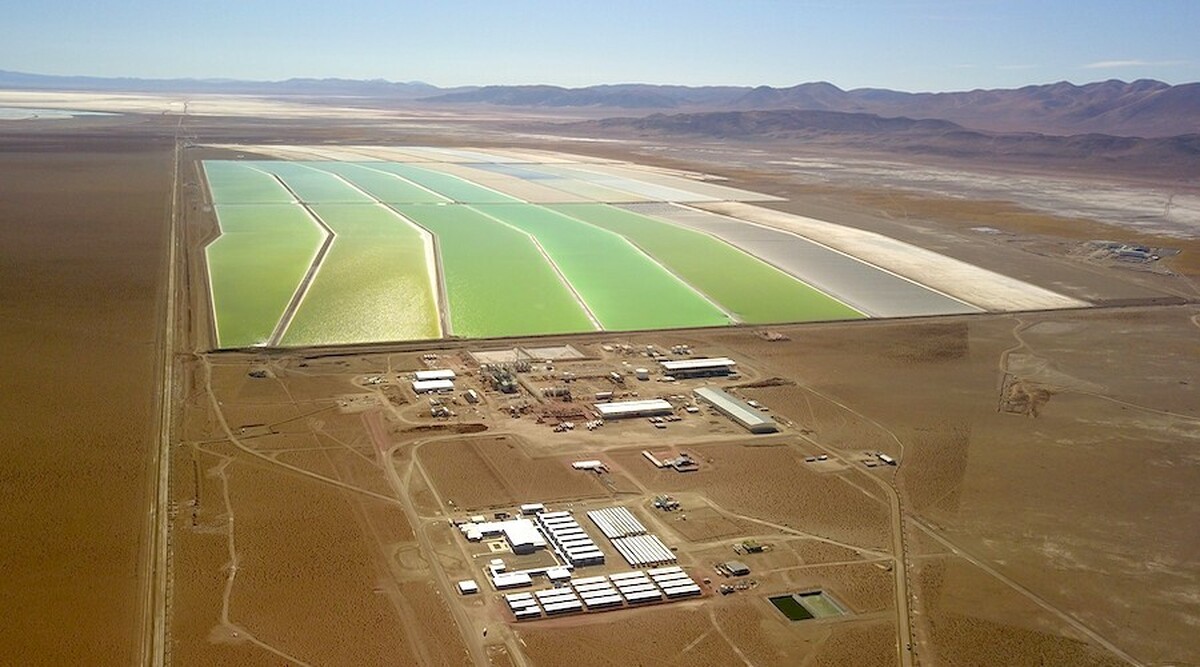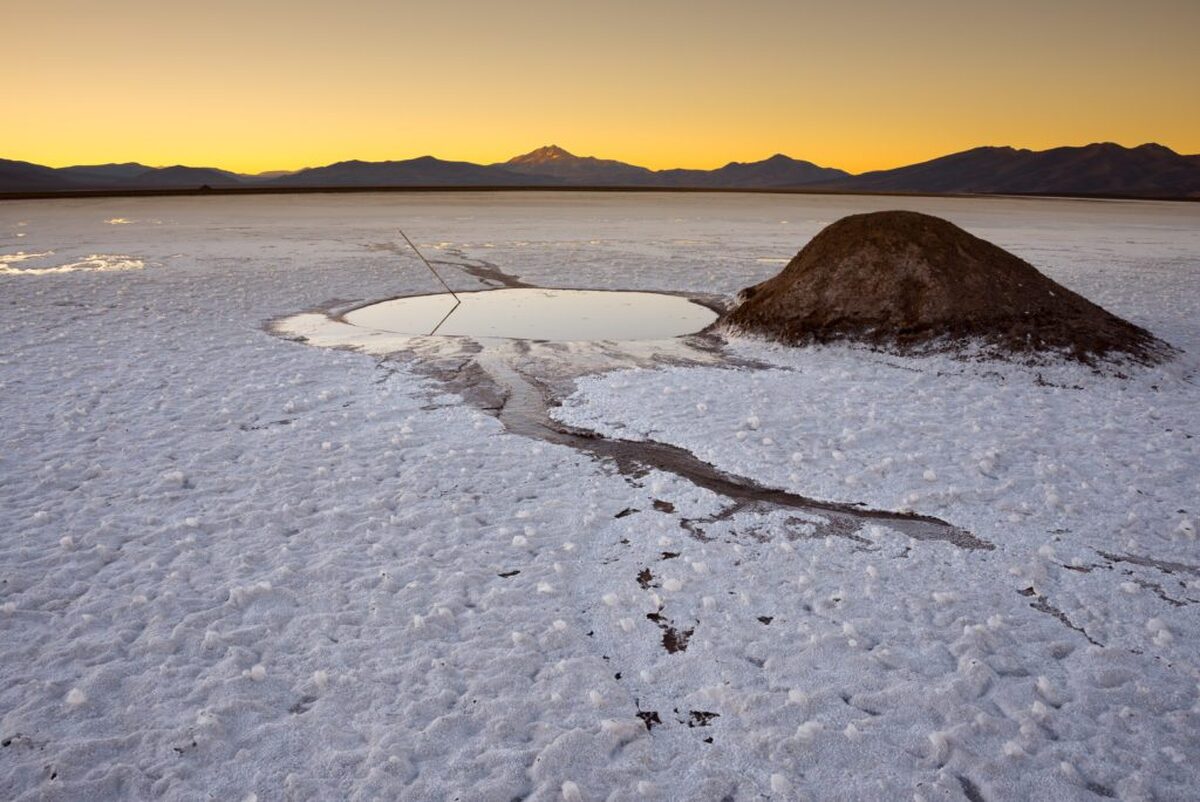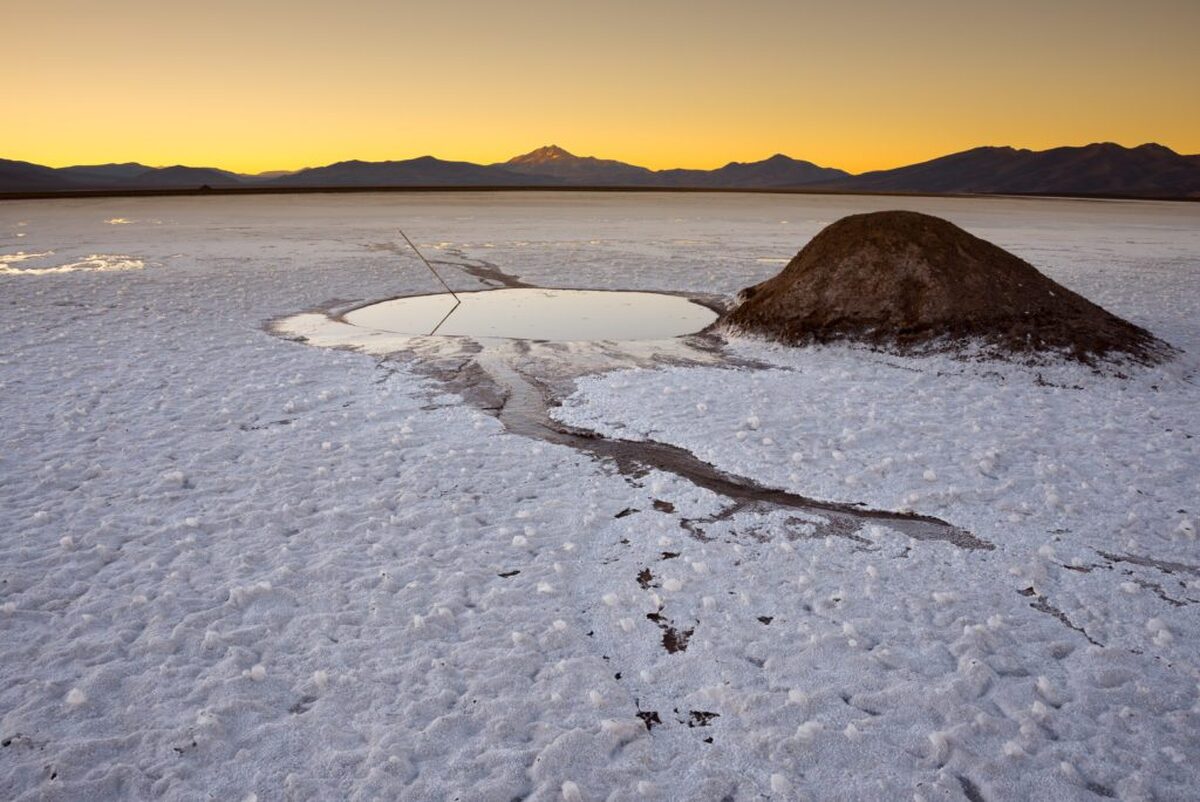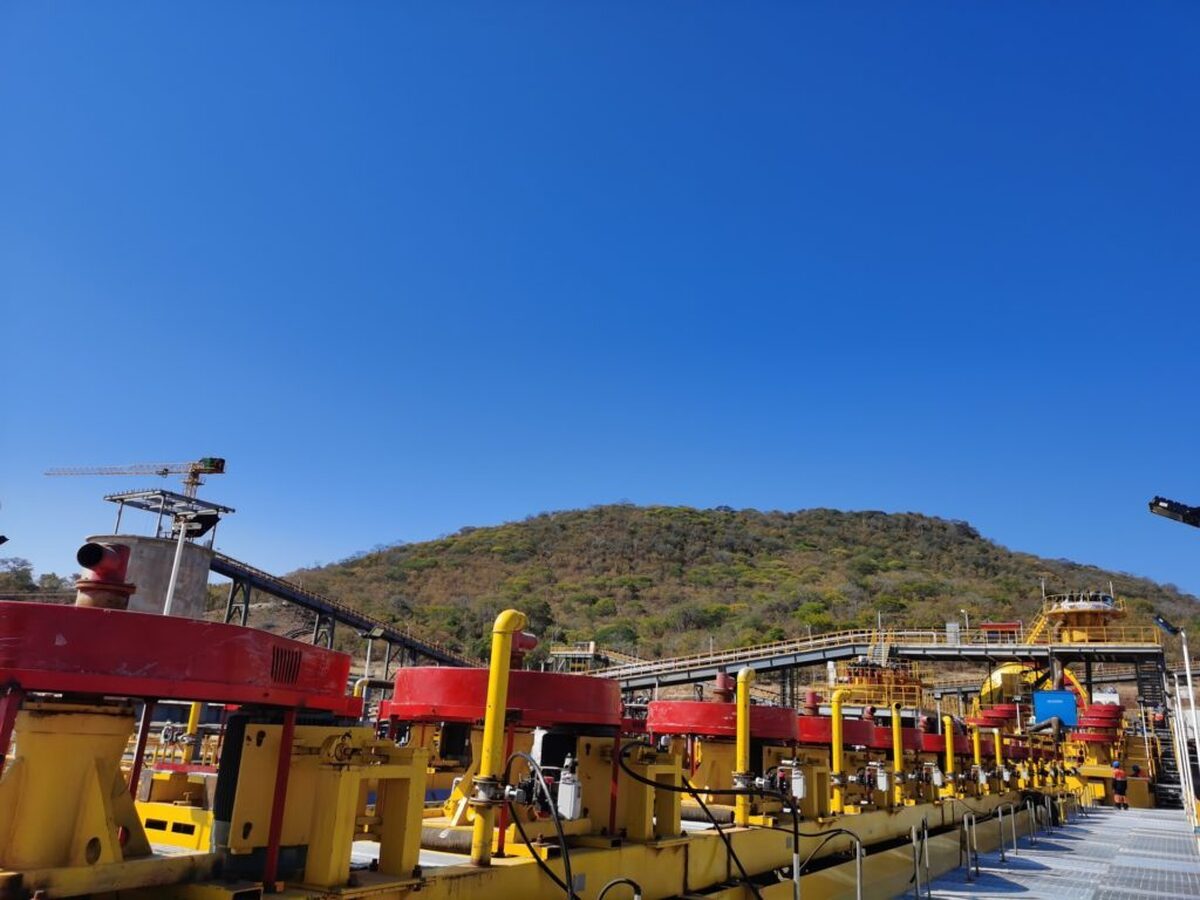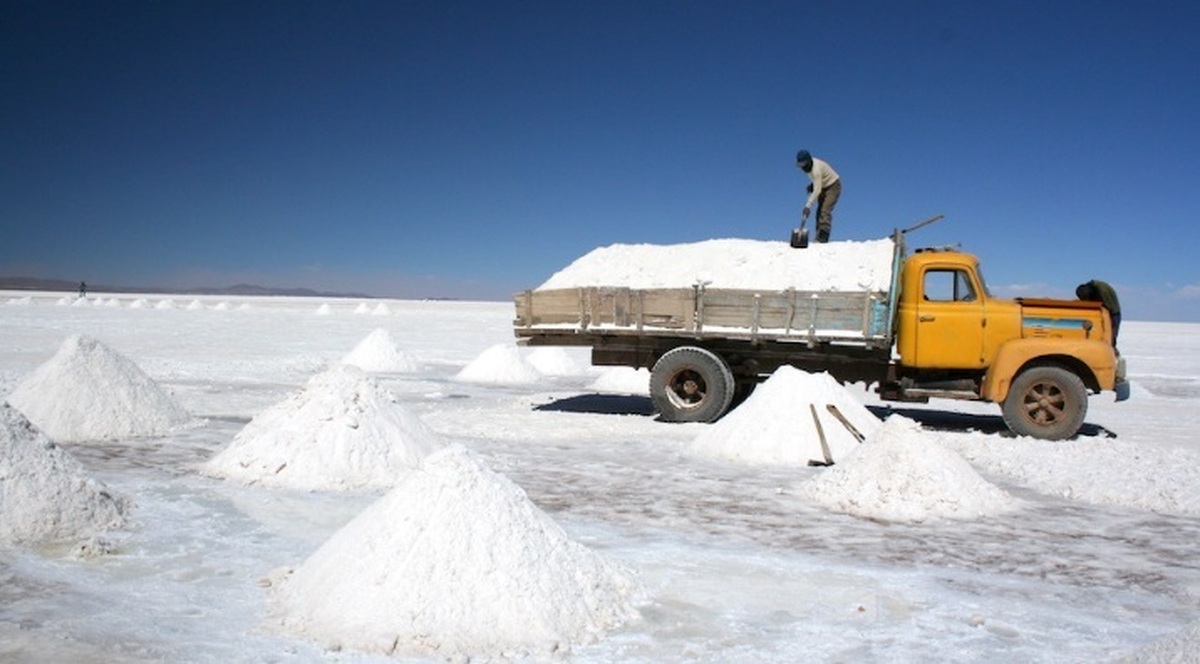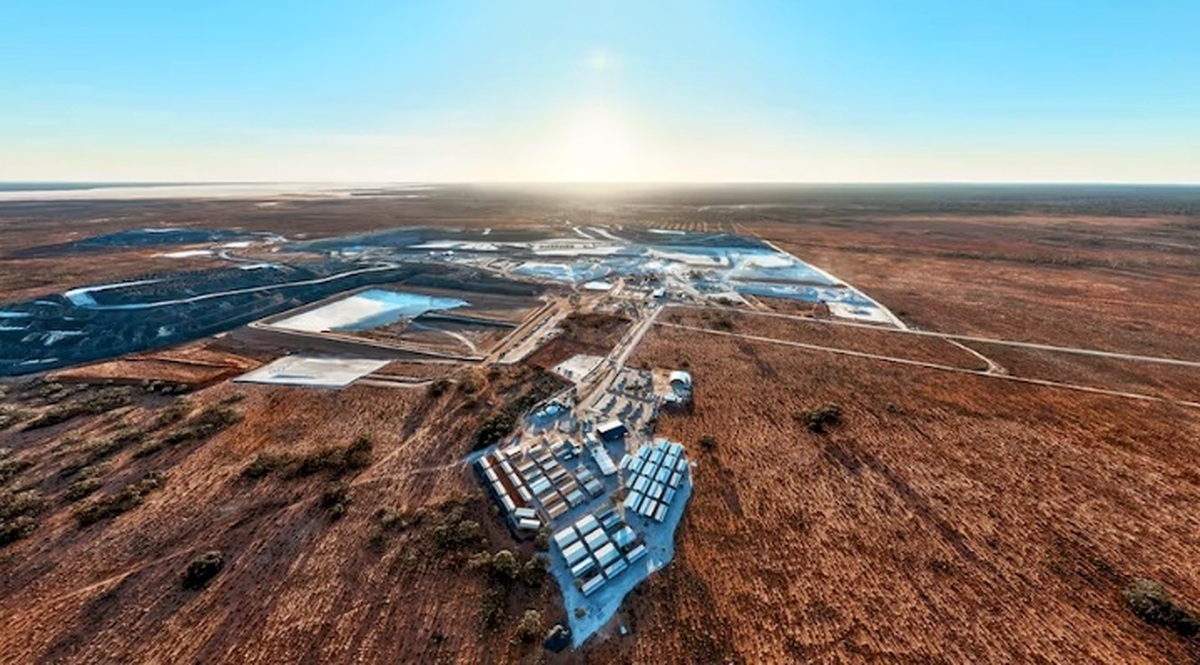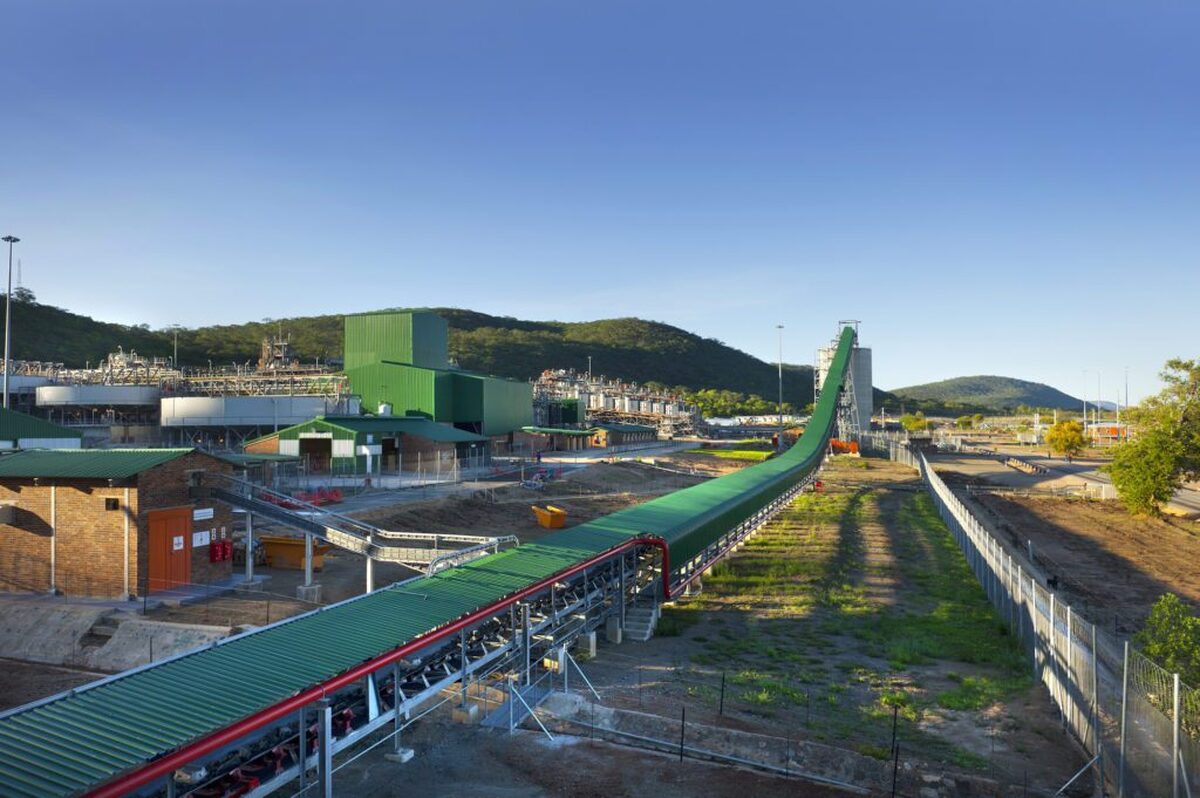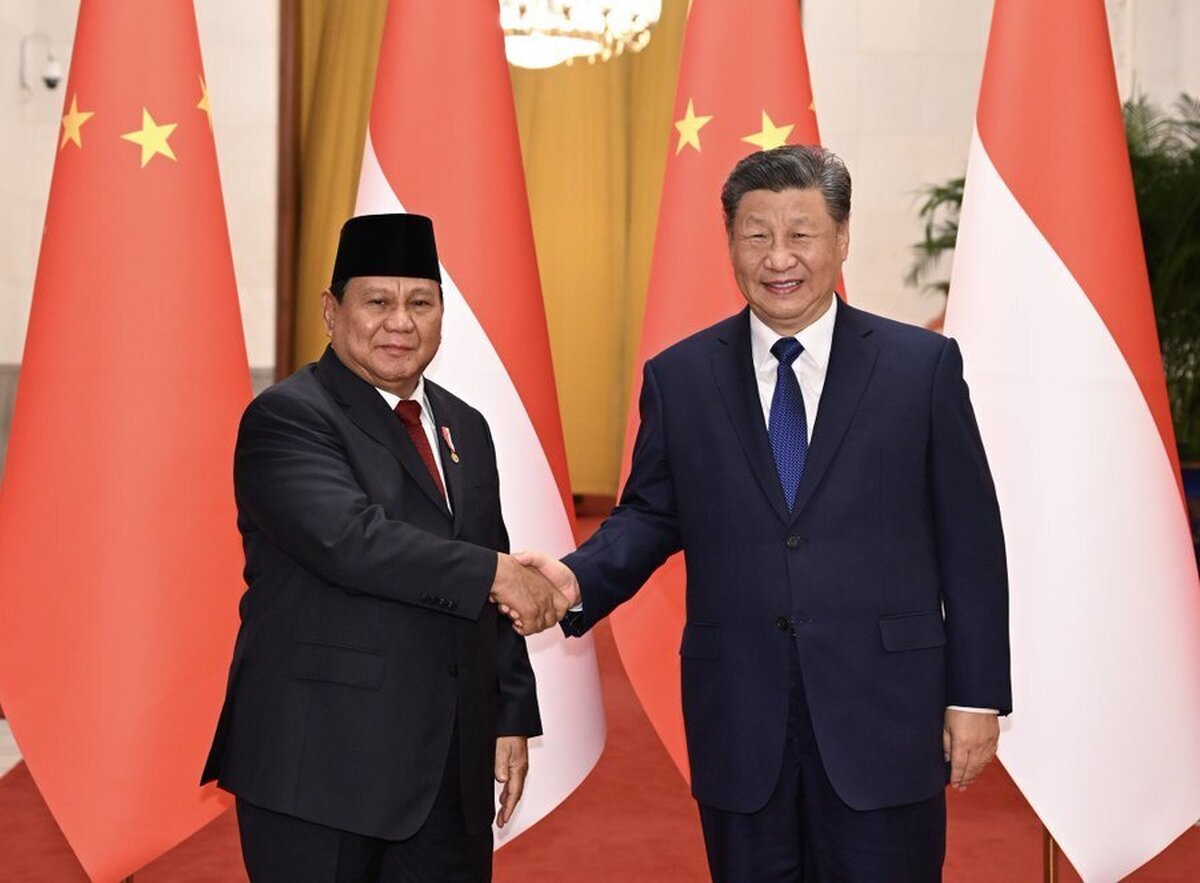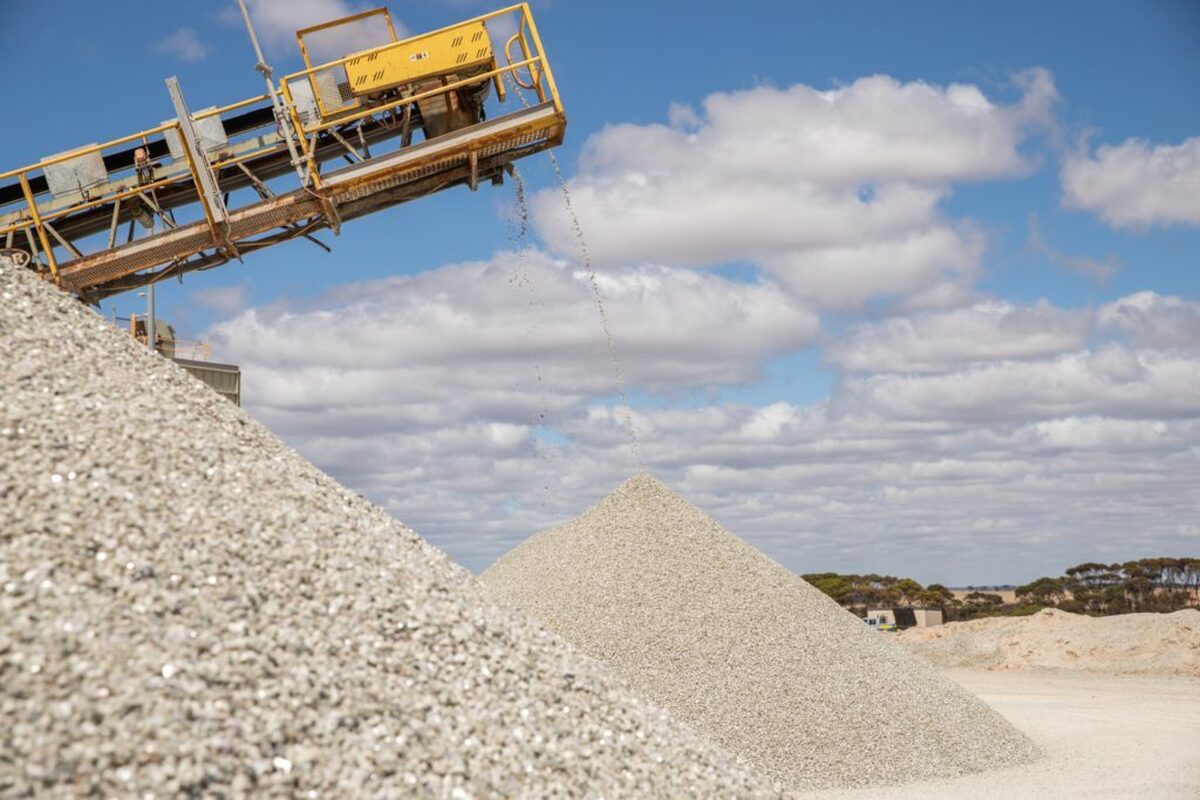
Bolivia says China’s CBC to invest $1 billion in lithium plants
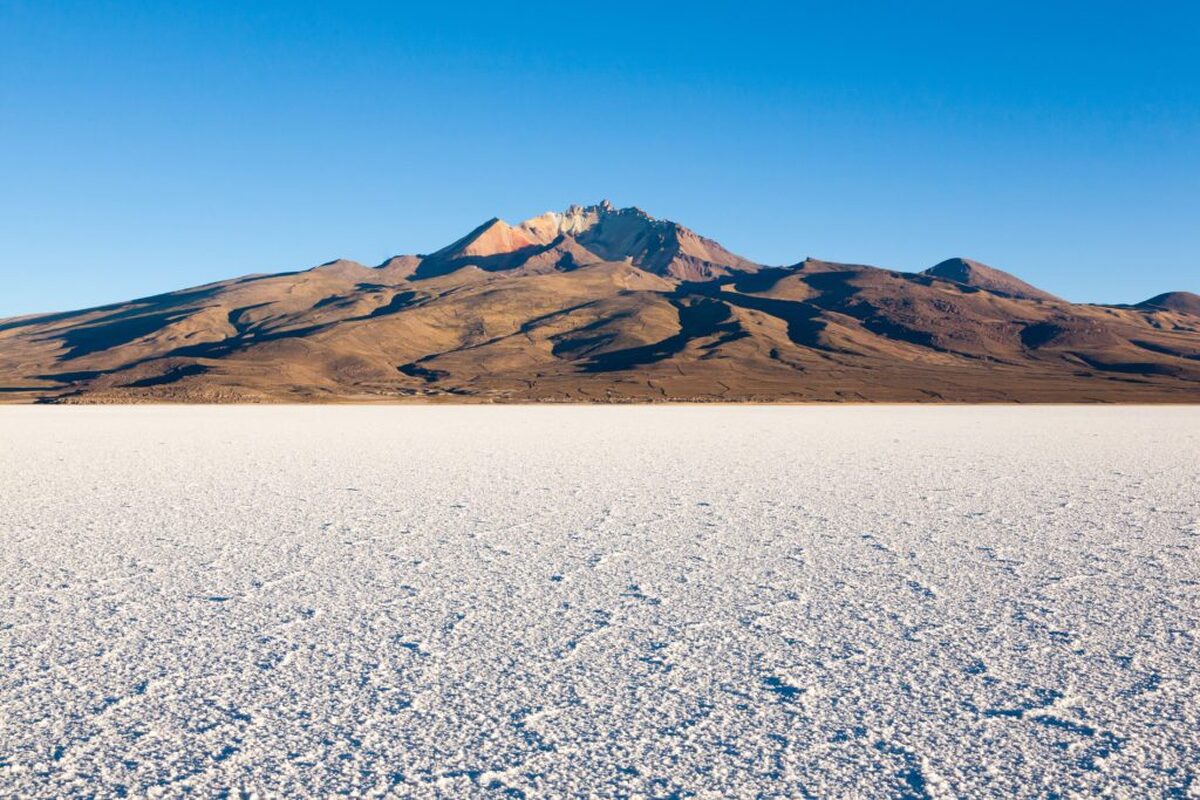
According to me-metals cited from mining.com, The government will take a 51% stake in the project, to be located in the Uyuni salt flat in southwest Bolivia, within the so-called lithium triangle shared with Chile and Argentina.
The two plants together are intended to produce 35,000 metric tons of lithium a year, said Omar Alarcon, head of state-run lithium company YLB.
“This service contract will develop a final design for engineering, construction, operation and maintenance of a plant that will produce 10,000 tons of lithium carbonate per year and another plant producing 25,000 tons of battery-grade lithium carbonate per year,” he told a press conference.
“CBC will build plants based on its technology at its own cost and risk,” he added, saying the expected $1 billion investment represented initial construction.
Despite holding the world’s largest resources of lithium, which is used to make electric-vehicle batteries, Bolivia has not managed any significant production and many investors are wary of its volatile political climate. The country is expected to hold a presidential election next year.
CATL supplies batteries for more than a third of electric or hybrid vehicles globally.
Direct lithium extraction is an innovative method to extract lithium more quickly than traditional methods that use massive evaporation pools.
Bolivia also signed a contract in September with Russia’s Uranium One Group for construction of a $970-million plant to produce 14,000 tons of lithium carbonate annually. However, the deal needs approval from Congress, where the ruling party is fractured and President Luis Arce lacks a congressional majority.
The agreement with CBC also requires lawmaker approval.
Arce said the government is scouting out more companies to invest in lithium, and has received interest from various countries.
“It’s not just Russian and Chinese companies that are interested in investing in Bolivia,” he said. “Our country isn’t closed off to any company.”
source: mining.com


Trump weighs using $2 billion in CHIPS Act funding for critical minerals

Codelco cuts 2025 copper forecast after El Teniente mine collapse

Electra converts debt, launches $30M raise to jumpstart stalled cobalt refinery

Barrick’s Reko Diq in line for $410M ADB backing

Abcourt readies Sleeping Giant mill to pour first gold since 2014

Nevada army depot to serve as base for first US strategic minerals stockpile

SQM boosts lithium supply plans as prices flick higher

Viridis unveils 200Mt initial reserve for Brazil rare earth project

Tailings could meet much of US critical mineral demand – study

Kyrgyzstan kicks off underground gold mining at Kumtor

Kyrgyzstan kicks off underground gold mining at Kumtor

KoBold Metals granted lithium exploration rights in Congo

Freeport Indonesia to wrap up Gresik plant repairs by early September

Energy Fuels soars on Vulcan Elements partnership

Northern Dynasty sticks to proposal in battle to lift Pebble mine veto

Giustra-backed mining firm teams up with informal miners in Colombia

Critical Metals signs agreement to supply rare earth to US government-funded facility

China extends rare earth controls to imported material

Galan Lithium proceeds with $13M financing for Argentina project

Kyrgyzstan kicks off underground gold mining at Kumtor

Freeport Indonesia to wrap up Gresik plant repairs by early September

Energy Fuels soars on Vulcan Elements partnership

Northern Dynasty sticks to proposal in battle to lift Pebble mine veto

Giustra-backed mining firm teams up with informal miners in Colombia

Critical Metals signs agreement to supply rare earth to US government-funded facility

China extends rare earth controls to imported material

Galan Lithium proceeds with $13M financing for Argentina project

Silver price touches $39 as market weighs rate cut outlook

